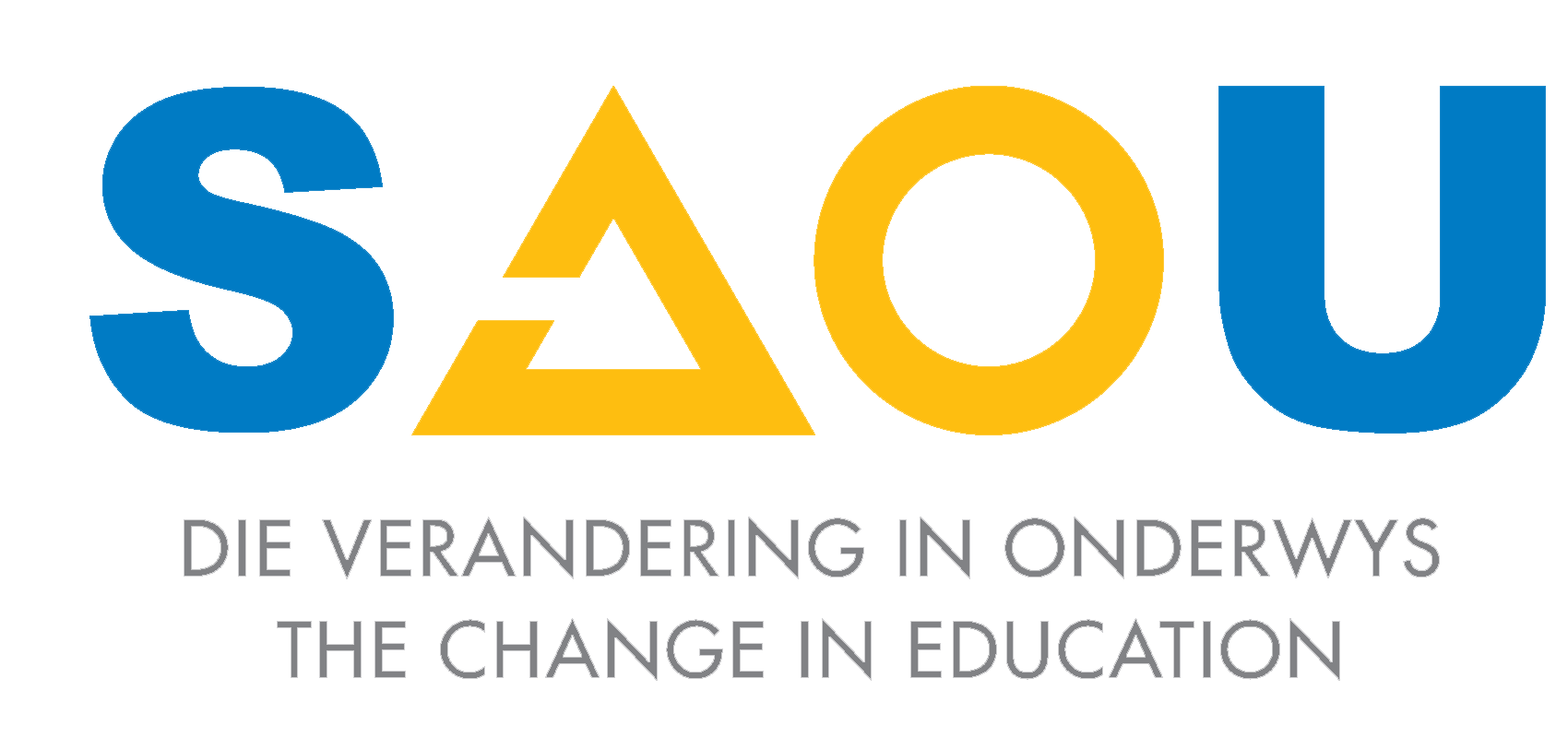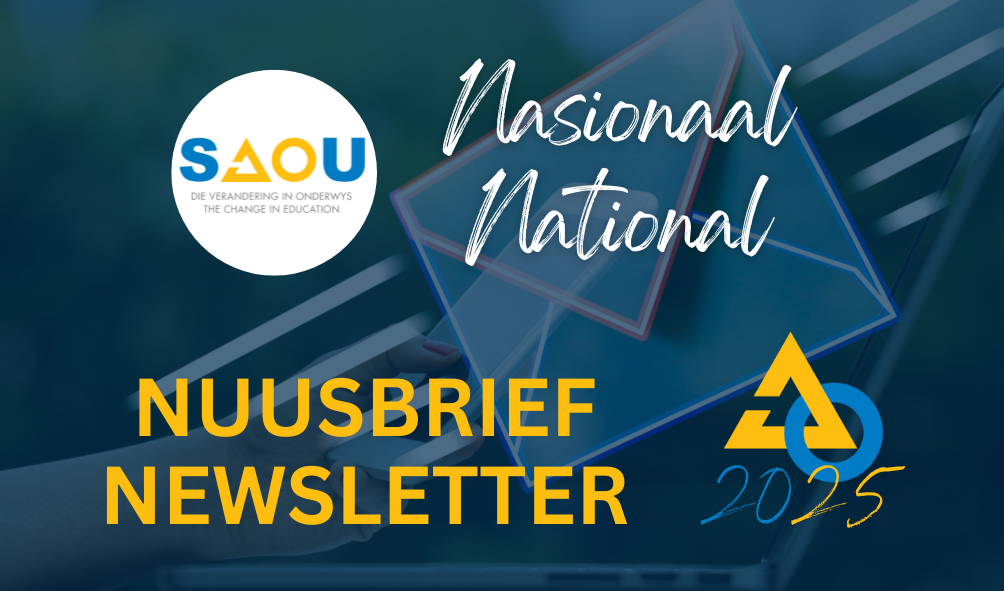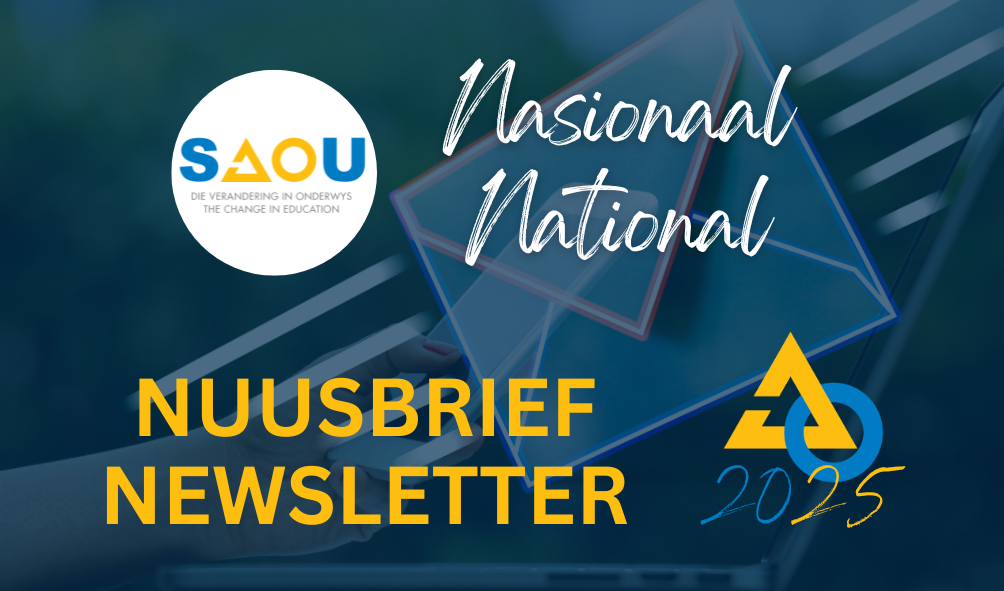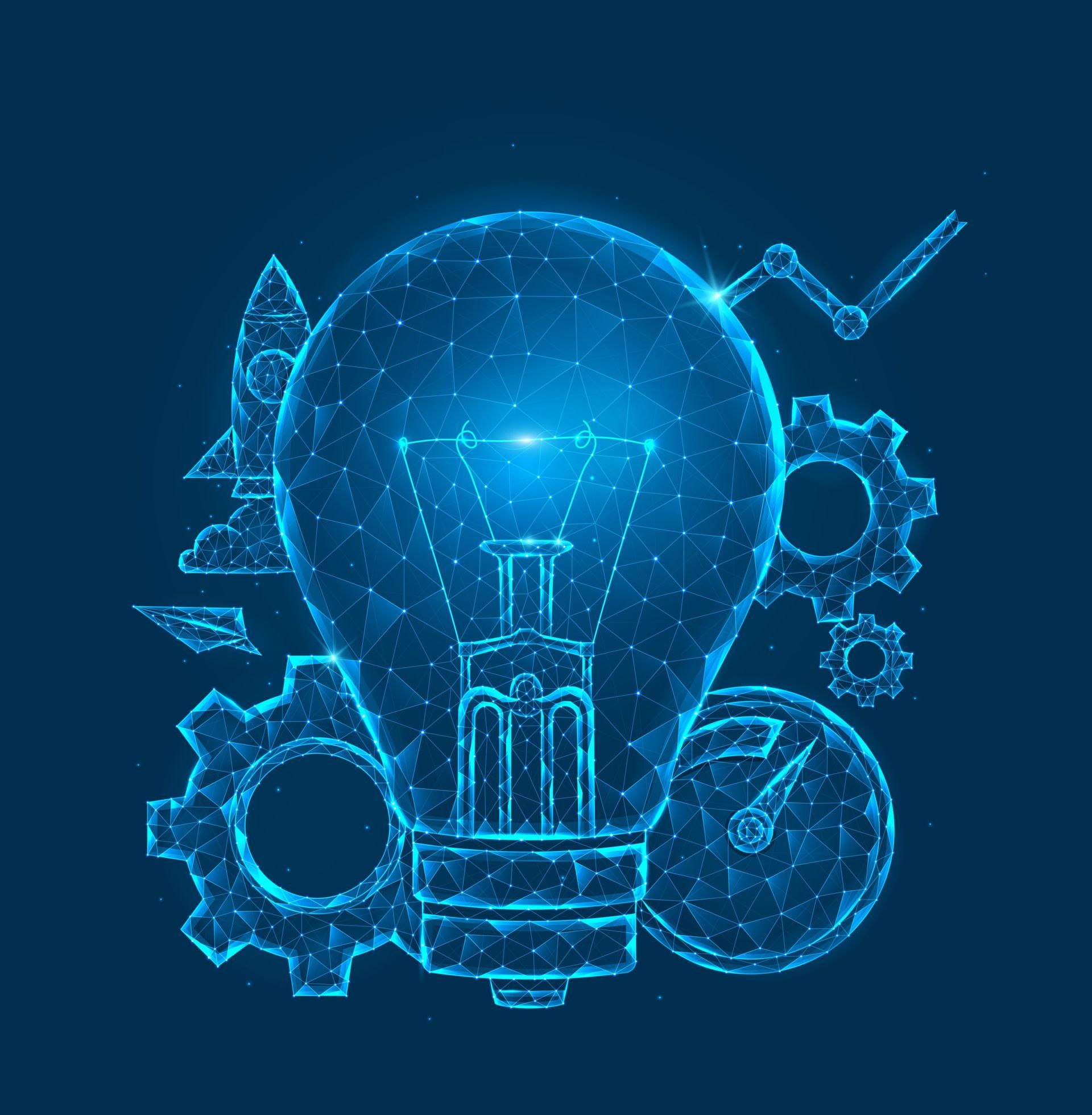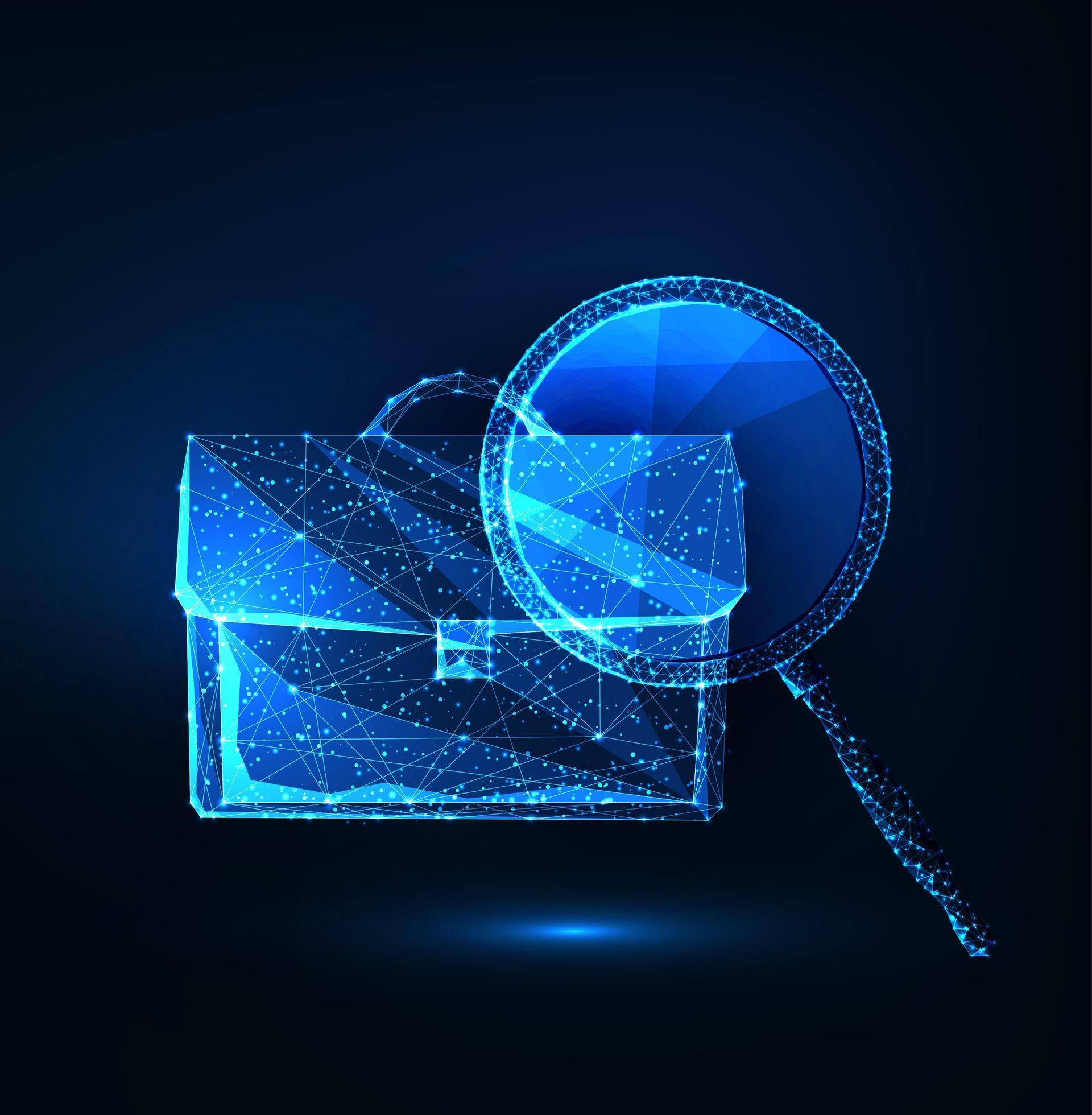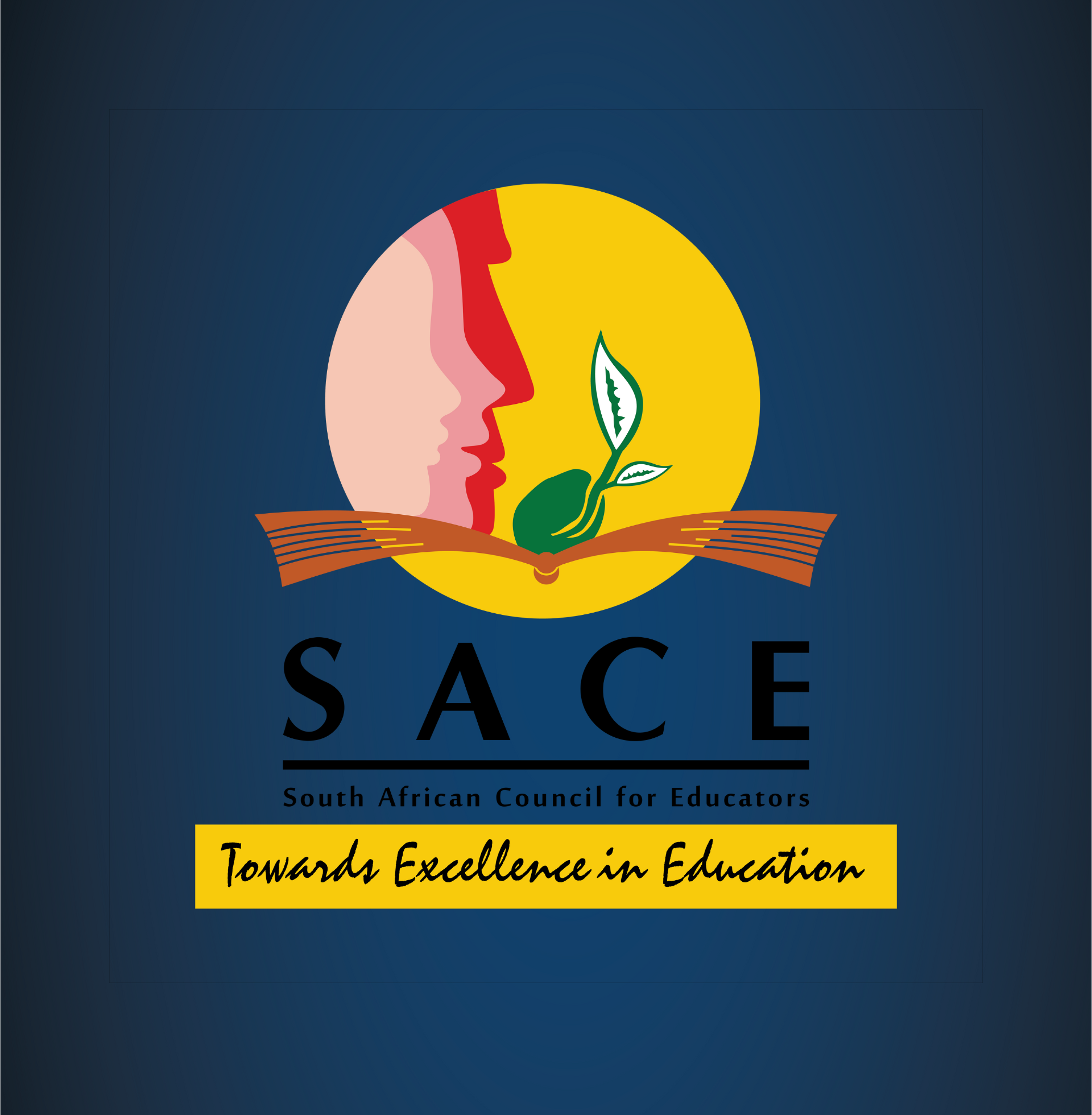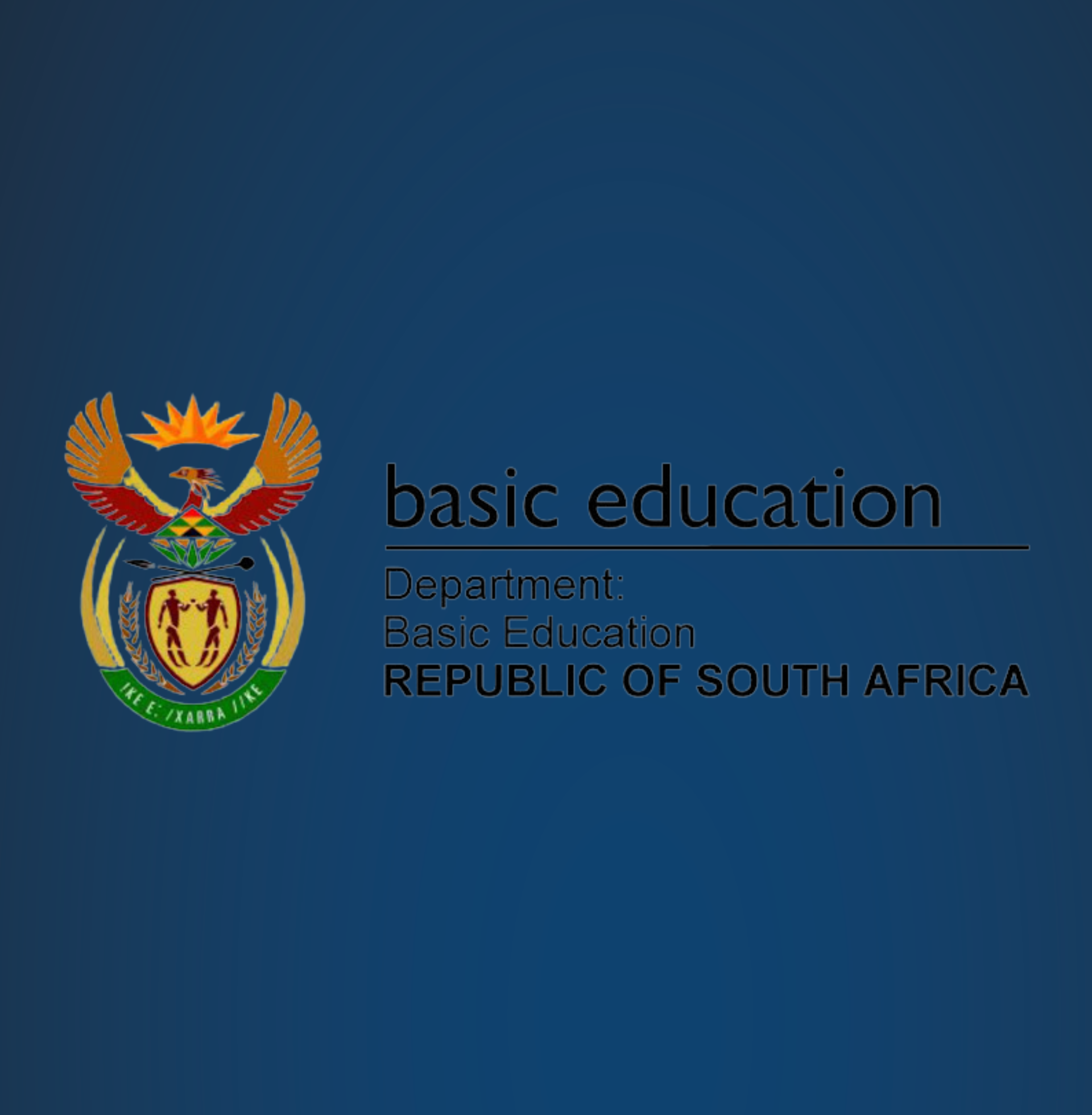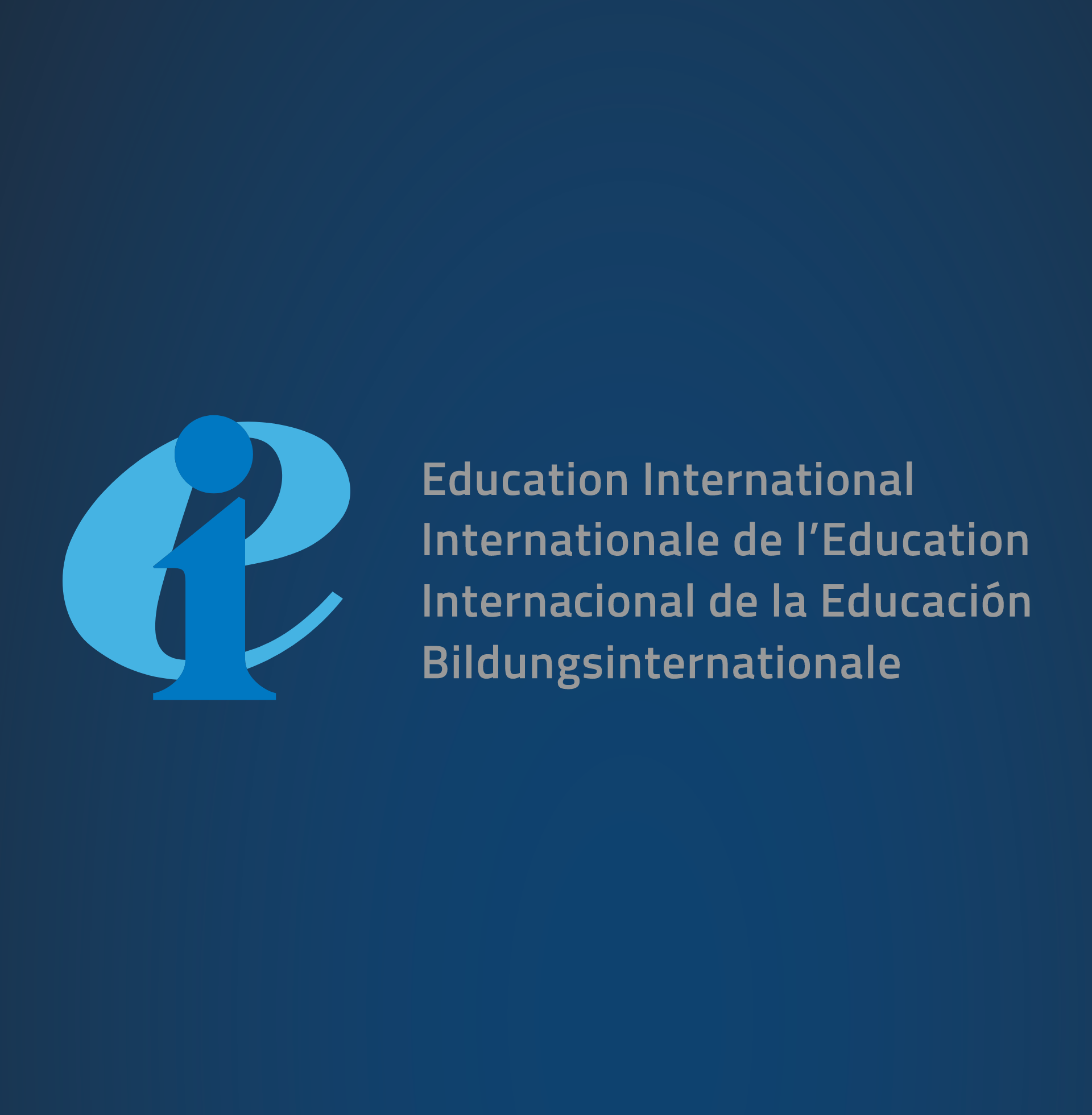What are your responsibilities?
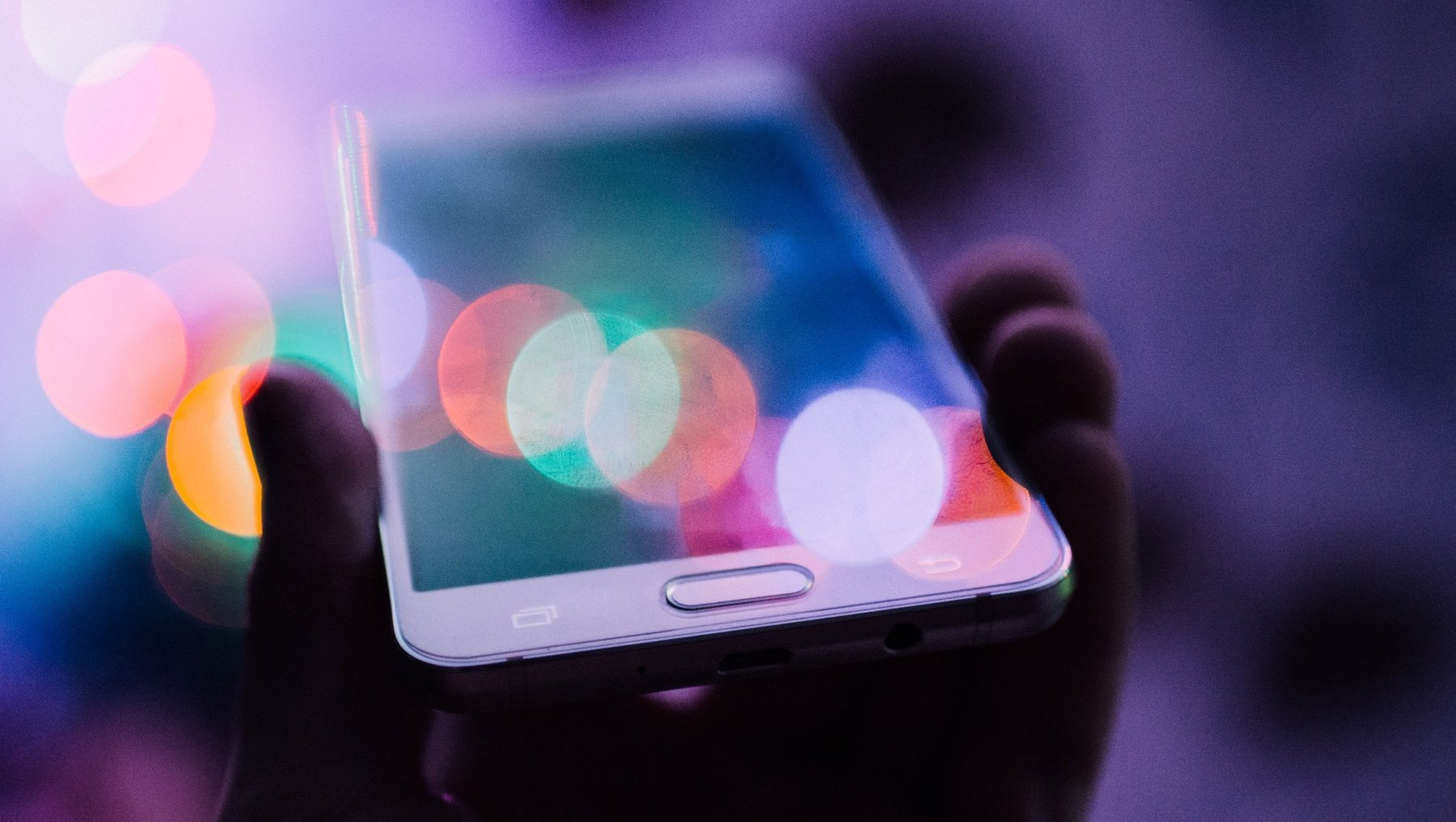
The social media age has brought the world together in a way we’ve never seen before. With the touch of a screen or the click of a mouse we can communicate and share information with anyone in the world. With open access to social media and the internet as a whole, everyone now has access to a very public and very permanent platform.
While most internet savvy adults understand that the internet is written in ink and not in pencil and that posting the wrong thing via social media can cause irreparable damage to your reputation – there are still so many users that just don’t get it. With so many adults failing to protect themselves on the internet, how do we expect children to do so without the help of a responsible adult?
With the multitude of selfies and numerous pieces of content we create and share, we have all become self-made celebrities and journalists. The problem with that is, in most cases, celebrities have a team of people who assist them with reputation management and communication with the global community and they usually have a large following that will jump to their defence if they act offensively. Likewise, for the role of the journalist. Media houses are acutely aware of their responsibility to the community to share accurate news and always verify their sources. They also know the boundaries that exist in terms of our right to freedom of expression. The ordinary man/woman cannot always say the same.
There is no specific law governing the use of social media in South Africa, making it difficult for people to identify the parameters within which they need to operate. However, the laws that exist for any form of public communication can be applied to social media. If you create any type of content and it is seen by one other person, the law will apply. So, whether you say something on a WhatsApp group to 5 people or on Facebook to 500 people or on Twitter to 50 000 people the law will treat this content as if you had published it on the front page of a newspaper.
Anonymity is a myth on the internet. You can’t hide behind your computer or cell phone screen forever. You can publish content under a pseudonym, but IT experts have ways of tracking you down using your IP (Internet Protocol) address or they simply track you through your RICA registration or GPS location. An IP address is a numerical label assigned to each device connected to a computer network that uses the Internet Protocol for communication. An IP address serves two principal functions: host or network interface identification and location addressing.
If you are not willing to stand up and make a statement of whatever nature or share your private details (or those of friends and family) on a global stage, you should not put it in a digital format. Once content is in a digital format, it is completely out of your control.
This would apply to private messages sent via social media as well. Even if you have a reasonable expectation of privacy when speaking to a friend, family member or colleague using direct messaging or a one-on-one WhatsApp conversation, the infamous screenshot still exists.
Regardless of the storms you can create by pushing the boundaries of freedom of expression on topics of race, religion and politics; uttering your dissatisfaction about your employer could leave you unemployed. If you bring your employer into disrepute and breech the duty of good faith or your conduct has a negative impact on the employment relationship, you can get fired. You have to remember that any legal, ethical and contractual obligations that apply to you in real life will apply to your online behaviour.
Creating content and posting it on social media yourself is not the only way you could be implicated in a social media blunder. Once people start redistributing content on the internet, you create a chain of publication. Anyone in the chain of publication of illegal or unconstitutional content can be held responsible.
You become part of the chain when you:
1. Share / retweet / forward content.
2. If you simply like / favourite content.
3. Make a comment on the content or like or react to a comment.
4. Or when you have been tagged in the content or if someone posts it to your page.
Being tagged in a post is not a direct action that you have taken to further distribute content, but as soon as you have the ability to delete offensive or illegal content (or any content) and you choose not to, you are seen as part of the chain of publication.
Some may decide to avoid social media completely and while that is perhaps not such a bad idea, if you are a parent, guardian, tutor, teacher or any other person who is in the position or has the means to educate children about being good digital citizens, you simply cannot afford not knowing what is happening on the internet. If you are disturbed by what you see on social media or feel ‘’square-eyed’’ after a day at the office spent behind a computer, try to imagine the toll on a child’s emotional and developmental well-being.
Whether social media means only Facebook and Twitter to you or you are able to list the dozens of Apps that constitute as social media, the principles in managing these internet giants are the same.
When opening a personal account, always make sure you work through the privacy settings on any social media App you may use. Everyone has a right to privacy, don’t violate your own. Peruse the user guidelines on the App for help or phone a friend. Use the simple THINK method before posting or sharing something on social media:
T – is it True?
H – is it Helpful?
I – is it Inspiring?
N – is it Necessary?
K – is it Kind?
Always verify the source and information before sharing or retweeting a post. There is far too much fake news doing the rounds daily, don’t be part of the mob.
If you run a school page, turn on the “review post” setting. This will allow you to control what is posted on the page and you will avoid getting into trouble for something an angry parent or learner may post. Make sure that your school has an internet and social media policy. Discuss the policy with all staff and parents and make sure that the learners fully understand their rights and responsibilities.
Learners’ rights and responsibilities in terms of the internet and social media go beyond protecting their privacy and reputation by assisting in combating cyberbullying. Cyberbullying is one of the leading causes of depression in our modern times and should be reported to not only the school and parents, but to the authorities as well. The victims of cyberbullying can apply for a protection order in terms of the Protection from Harassment Act, 2011 (Act 17 of 2011) at their nearest Magistrate’s Court.
It is almost impossible to ignore the internet and social media and the effect that it has on society. Keep yourself up to date with new innovations and be the voice of digital responsibility. And finally, don’t forget to turn the screens of every now and then and tell the children to go play…outside.



